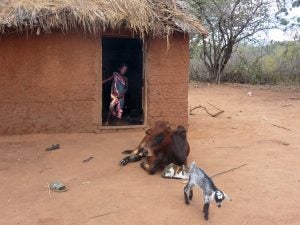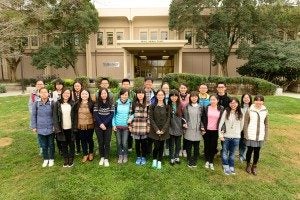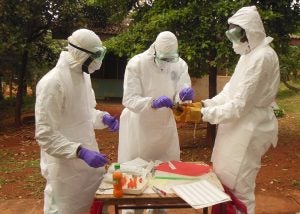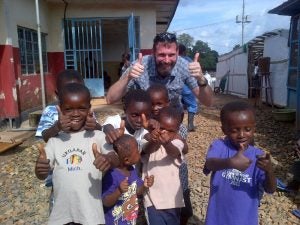“Infectious disease exists at this intersection between real science, medicine, public health, social policy, and human conflict.” – Andrea Barrett
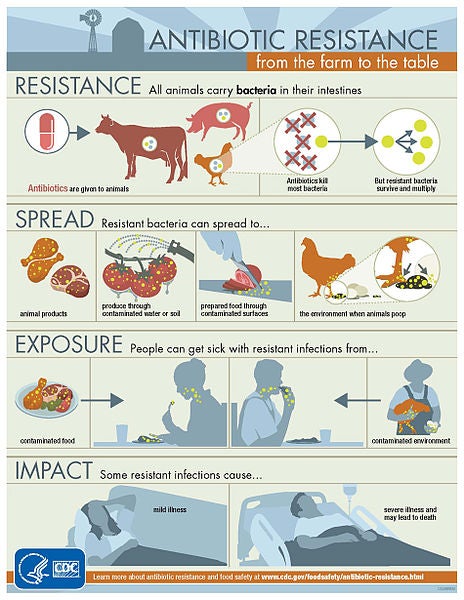 As part of our school’s vision, we seek to address societal needs. In challenging ourselves to this daunting task of working to solve the most vexing problems our world faces, we find our people and programs drawn toward the interface of science, public health, and policy. In opening remarks at the recent G20 Conference, Angel Gurría, Secretary-General of the Organization for Economic Co-operation and Development, praised Germany Chancellor Angela Merkel for recognizing that antimicrobial resistance (AMR) is a major threat to the health of the world’s populations and the future of economies of the many countries.
As part of our school’s vision, we seek to address societal needs. In challenging ourselves to this daunting task of working to solve the most vexing problems our world faces, we find our people and programs drawn toward the interface of science, public health, and policy. In opening remarks at the recent G20 Conference, Angel Gurría, Secretary-General of the Organization for Economic Co-operation and Development, praised Germany Chancellor Angela Merkel for recognizing that antimicrobial resistance (AMR) is a major threat to the health of the world’s populations and the future of economies of the many countries.
He indicated that as many as 700,000 people worldwide are already dying each year because of drug-resistant infections and that the cumulative economic cost of AMR will reach 100 trillion dollars by 2050, a cost primarily borne by low and middle income countries. The Secretary-General went on to suggest that “by implementing existing international commitments and recommendations of the World Health Organization, Food and Agriculture Organization of the United Nations and World Organization for Animal Health, countries can promote a more appropriate use of antimicrobials in a true ‘One Health’ framework.”

